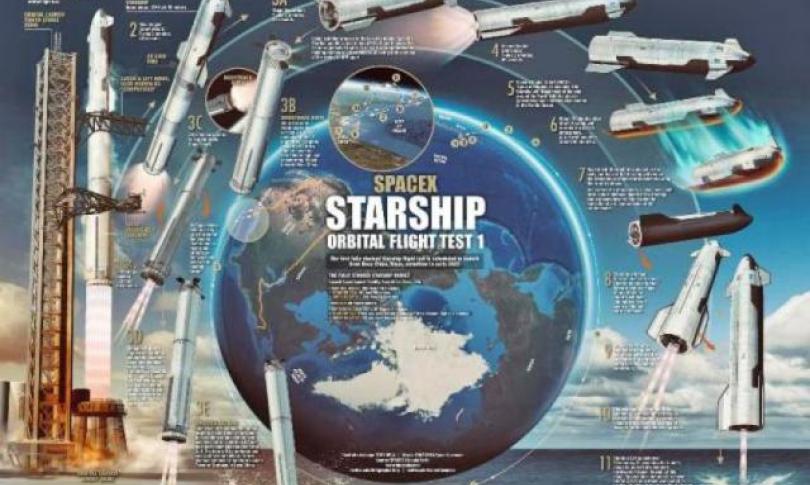
Budumburam- Ghana, Victor Tagborloh, Co-founder and Chief Executive Officer of Galaxy Aerospace Ghana is changing the narrative of Ghana’s space industry by scouting the right human resources to build and sustain the frontiers of space science in Ghana. “We are scouting the right talents that will take Ghana to the next level of space science after we might have done our bit and gone”.
The initiative has trained ten (10) women and eight (8) men in space robotics, Artificial Intelligence AI, ML and other satellite objects including launching balloon into space. The team is set to launch a higher altitude of the balloon this April 2023 to get them informed of existing and any impending phenomena for policy direction and action.
With our aim of taking Ghana to space by 2030, the individual initiative has been training children between the ages of 10 - 17 years as well as young adults in Ghana’s tertiary institutions in the fields of space robotics, space mining, artificial intelligence (AI) engineering and exploration of space technologies, says Tagborloh.
Set up three years ago, the Galaxy Aerospace Ghana initiatives in collaboration with external partners do not only give hands-on training and experience to talents but also afford them lifetime career paths in the fields of space science.
Experts say space exploration is still in its infancy. Signaling the need to deploy more innovations to explore, discover and settle in outer space. While the first steps have already been taken – space tech is now a mainstream technology; most countries in Sub-Saharan Africa are yet to realize the full benefits of space tech including Ghana. Positioning Ghana strategically to explore and use space tech for development.
But Chief Engineer, Charles Dadzie –Galaxy Aerospace bemoaned the low level of knowledge and attention to the space sector as a country. This he said is affecting the existence of other sectors that thrive on space technologies- satellite communication, space tourism, space robotics, Astronomy and Astrophysics, remote sensing, Earth science, space medicine, space engineering, space mining, Astrobiology and many more.
“We have been living on planet earth for quite a while, but there is still so much space out there for us to explore, discover, and settle on. Our current generation, the next, and the one after that are going to live and work in space”. We can’t do this without technological advances. The world is heading in this direction with the development of new technologies in space and Ghana can place itself strategically for this on the continent, says Dadzie.
Space is an infinite resource; with great contributions to human lives and more unfortunately the space industry in Ghana is not given much attention, he added.
The current space startups are not only helping humans to better understand the universe or multiverse but also contributing to research and development for future innovations. The world will see new technologies in space in the coming years and one cannot predict exactly what they will be, but they promise to be innovative.
Current Challenges in Ghana’s Space Sector
As promising as it may be, the space industry in Ghana is fronted with regulatory and legislative issues according to galaxyaerospaceghana.com. “A well-organized space infrastructure is needed to support space exploration. This includes transportation and storage, as well as the maintenance and operation of satellites. Without the right space infrastructure, space exploration is almost impossible”
Regulatory legislations
Governments regulate many aspects of space activities, including the launch of satellites, the use of space technologies, and access to outer space. Different space-related agencies also enforce these regulations. Besides this, there are also regulations relating to the use of space resources, spaceflight safety, and space debris. However, because Ghana’s space industry is yet to attain a full-fledged status, the needed legislation to create an enabling environment for start-up businesses in the space industry like Galaxy Aerospace is non-existent
